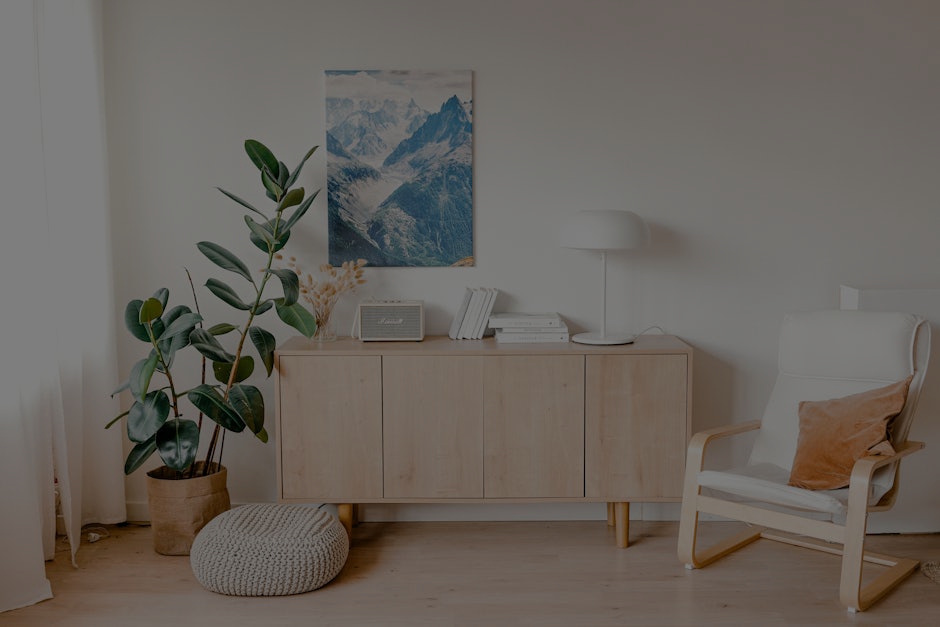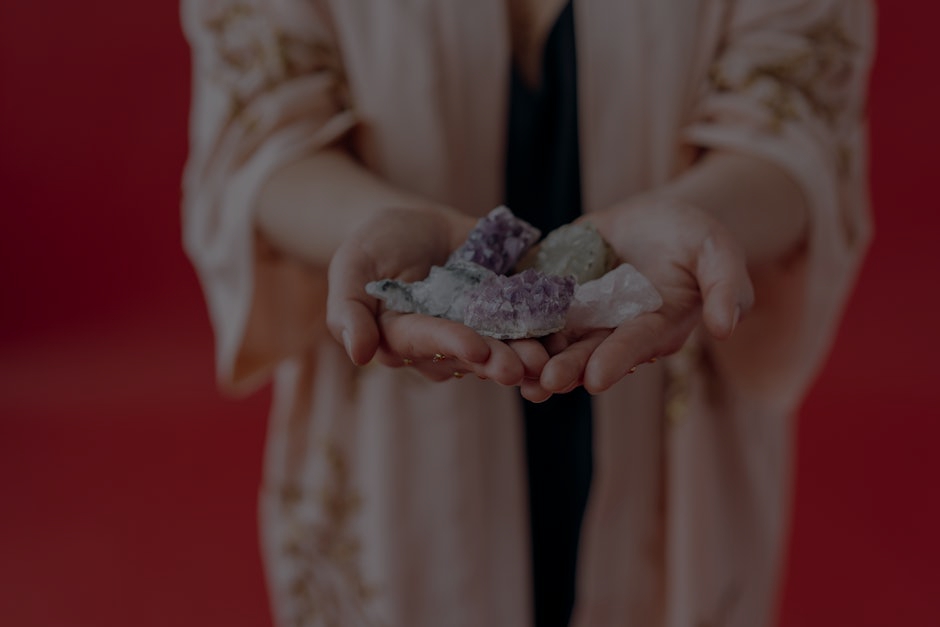**Title: Transform Your Home with Feng Shui: Essential Items for Modern Design**
**Abstract:** Discover how feng shui can elevate your modern home design. This guide explores essential items that enhance energy flow, creating a harmonious living space.
Understanding Feng Shui: The Foundation of Harmony
Feng shui, an ancient Chinese practice, focuses on harmonizing individuals with their environment. In modern home design, it plays a crucial role in creating spaces that promote well-being. By arranging furniture and incorporating specific items, homeowners can enhance the flow of energy, or “chi,” throughout their living spaces. This practice not only improves aesthetics but also fosters a sense of peace and balance.
Essential Feng Shui Items for Every Home
Integrating feng shui into your home design involves selecting specific items that align with its principles. Key items include mirrors, plants, and crystals, each serving a unique purpose. Mirrors are believed to reflect energy and can be strategically placed to expand spaces and invite positivity. Indoor plants, on the other hand, purify the air and bring life into the home, promoting growth and vitality. Crystals, with their unique properties, can enhance emotional well-being and attract positive energy, making them indispensable in a feng shui setting.
The Power of Color in Feng Shui
Color plays a vital role in feng shui, influencing mood and energy levels. Different colors correspond to various elements and can evoke specific feelings. For instance, blues and greens represent tranquility and healing, making them ideal for bedrooms. Reds and yellows, associated with warmth and energy, are perfect for social spaces like living rooms. By carefully selecting colors for your home, you can create an environment that nurtures your emotional and psychological needs.
Furniture Arrangement: Creating Flow and Balance
The arrangement of furniture is critical in feng shui, as it directly impacts the flow of energy. Avoid placing furniture in a way that blocks pathways or creates clutter, as this can hinder chi movement. Instead, opt for open spaces that encourage circulation and connection. For example, positioning sofas in a circular formation fosters conversation and intimacy, while ensuring that all seating areas have a clear view of the entrance promotes a sense of security.
Incorporating Natural Elements for Positive Energy
Bringing nature indoors is a fundamental aspect of feng shui. Natural elements like wood, water, and stone can create a calming atmosphere. Consider incorporating a water feature, such as a small fountain, to invite tranquility and prosperity into your space. Wooden furniture and decor can add warmth and grounding energy, while stone accents can provide stability. By blending these elements, you create a balanced environment that resonates with the earth’s energies.
Creating Sacred Spaces: The Importance of Intent
Designing a home with feng shui principles involves intentionality. Create sacred spaces within your home that reflect your values and aspirations. This could be a meditation corner adorned with meaningful objects or a reading nook filled with inspiring books. By dedicating areas to specific purposes, you enhance their energy and promote activities that bring joy and fulfillment. This intentional design fosters a deeper connection to your home and enhances your overall well-being.
Conclusion: Embrace Feng Shui for a Harmonious Home
Integrating feng shui into modern home design is about more than aesthetics; it’s about creating a harmonious living environment that nurtures your spirit. By incorporating essential items, mindful color choices, thoughtful furniture arrangements, and natural elements, you can cultivate a space that resonates with positive energy. Embrace these principles to transform your home into a sanctuary that supports your well-being and enhances your quality of life.



